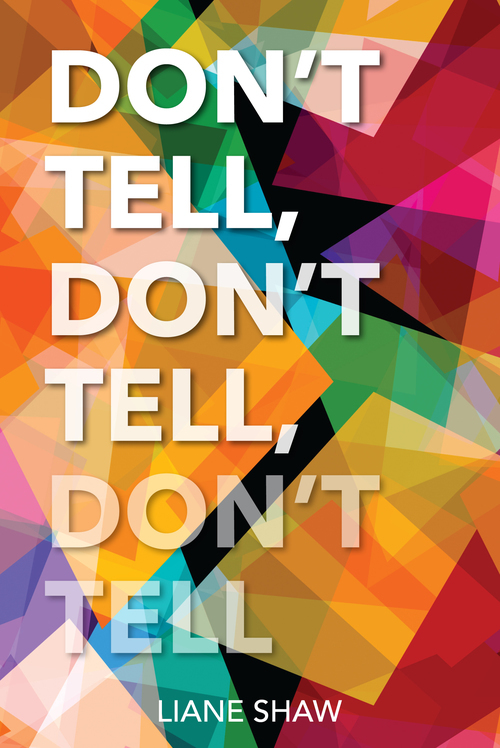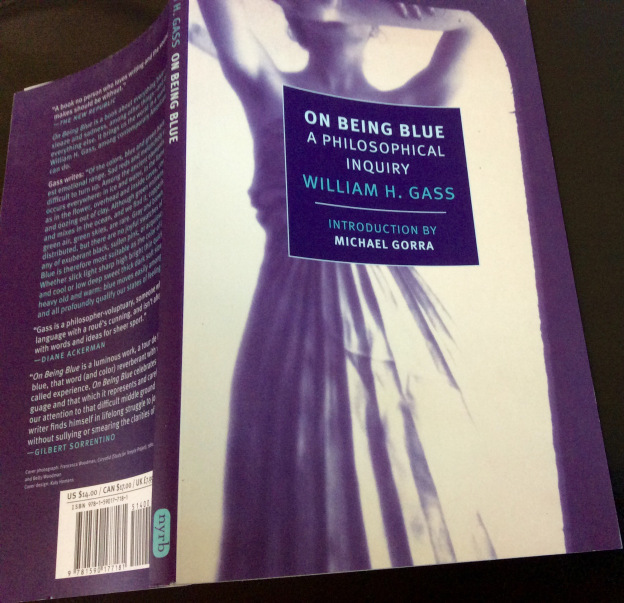Liane Shaw will be participating at the 2017 Toronto Word on the Street Festival.

It is hard to understand people sometimes. It may be the way a person thinks or just a way a group of people act. Trust is a difficult thing to give sometimes, but we give it – rightly or wrongly – to certain people and we don’t want to loose that trust when others give it to us. Those are the types of issues that Liane Shaw explores in a brilliant fashion in her novel Don’t Tell, Don’t Tell, Don’t Tell.
Pages 3-4
“Frederick! Please focus. You need to talk to the officer!”
The loud voice startles me right out of math class, and I look up at my mother’s face. She isn’t looking at me, though. She’s looking at a man. Not just a man. A police officer.
I’m at the police station because my mother said that the police wanted to speak with me. That’s what she said when she came into my room this morning without knocking, which was a direct infringement on our room privacy agreement.
“Frederick! You have to get dressed and come with me now. The police want to talk to you!” Her voice shrieks through my door, high and shrill like a chipmunk yelling at you to stay away from his tree. The thought makes me smile a little, and she sees it because she comes in without an invitation.
“Why are you smiling? This isn’t funny. The police called here and want me to take you down to the station. What is this about? What could they want with you?” She’s not looking at me when she asks the questions, so I don’t answer. She’s always told me that you have to look directly at someone you want to have a conversation with.
Her rule.
Answer me, Frederick. What do the police want with you? Did you see something or do something?
I still don’t answer because I’m not sure what she’s asking. I see and do lots of somethings every day. She’s leaving words out of her sentences because she’s upset for some reason, and now she doesn’t make sense.
“Frederick! Are you listening to me? We have to go and see the police!”
It’s interesting the way people say “the police” as if you are going to see all of them. Or as if there is only one of them.
“Frederick. Pay attention to me. Please.”
A reader can’t help but feel sorry for poor Frederick. His odd behavior at school has made him an easy target some of the different cliques there, but he’s gotten use to eating lunch alone in the ‘Reject Room.’ However, Angel has taken a bit of shine to Frederick as well. Now in her sixth school, she has had a hard time making and keeping friends. But she finds Frederick interesting – he’s annoyingly smart and refreshingly honest and she decides to teach him all her rules of friendship. Yet when Angel disappears, Frederick is torn by telling the police where she has gone or break one of those rules of friendship. The decision may even lead Frederick into danger himself.
Page 90
I have emotions. Lots of them. Everyone does. Most people wear them on their faces and in their voices for the whole world to see and hear. I think emotions are private and should be worn on the inside where they’re safe.
“Oh. I didn’t think of that.”
“Well, think about it now. Would you wonder or worry and any other W words if I suddenly disappeared without telling you first?
Would I wonder or worry if I came to school, and Angel wasn’t sitting in the Reject Room at lunch time, ready to fill my ears with words that I only half listen to? Up until a few weeks ago, I didn’t even know there was an Angel. If she wasn’t there anymore would I feel different?
She isn’t going to be there anymore. I’m going to be eating alone again. Quietly. I hadn’t thought of that before. Now one will smile at me and tell me I’m funny, even when I’m not trying to be. No one will talk to me except Robert, sometimes, and Peter Murphy the rest of the time.
No one will ask me to the movies, even though we never actually went.
I was scared at the idea of going to the movie with her, and now I don’t have to do it. I guess I should feel relieved. But I’m not sure that’s what I’m feeling.
Shaw has certainly documented the confusion and the ambiguity of emotions that surround friendships for young people. Her words are clear and concise as she gives us insights to the thoughts of Frederick as he considers his actions in his dealings with his friend Angel and her disappearance. This is a story told from a unique perspective and documents some interesting elements of the human condition.
Page 122
I thought this would all happen a whole lot faster than it seems to be happening. I don’t know why I thought that. I’m pretty sure it isn’t logical to think that. I have a very logical mind about most things. But I have no experience with this sort of thing. Is this a sort of thing? Is there a precedent for someone taking a bus to a strange city to find someone who seems to be missing even though she had a foolproof plan?
If I don’t get back in time for school tomorrow, my mother will find out what I’m doing, and she will be angry with me.
I don’t like anger. I try not to feel it because it’s an uncomfortable and out of control feeling, as if my insides are turning red and molten with heat that burns my common sense until it melts and drips out of my mouth with words that I shouldn’t say. When people are angry they say hurtful things. My mother’s angry words always burn me, and it takes a long time for the scars to go away. I don’t like to make her angry.
Liane Shaw has given readers some unique thoughts and perspectives with her novel Don’t Tell, Don’t Tell, Don’t Tell. A clearly written book which documents some important elements of the human condition. Truly a great read and one for starting some great discussions.
*****
Link to Second Story Press’ website for Don’t Tell, Don’t Tell, Don’t Tell
Link to Liane Shaw’s website
Share this:
- More


![Pageflex Persona [document: PRS0000030_00046]](/ai/048/230/48230.jpg)


